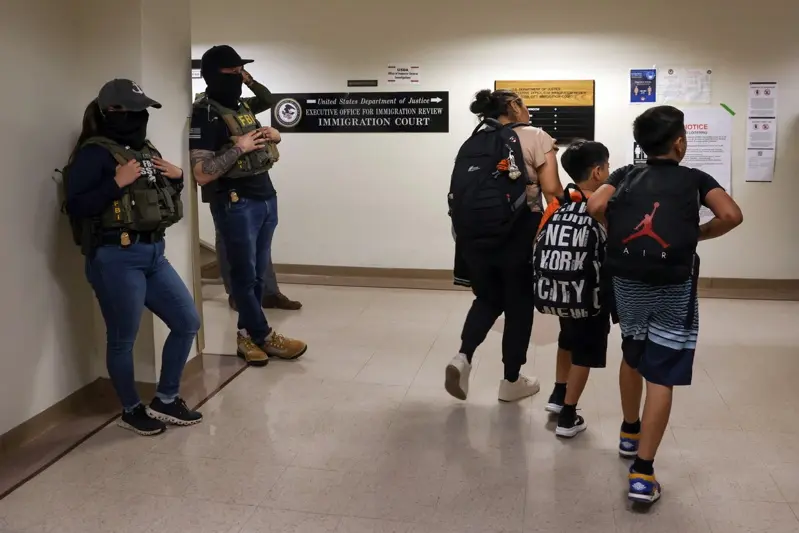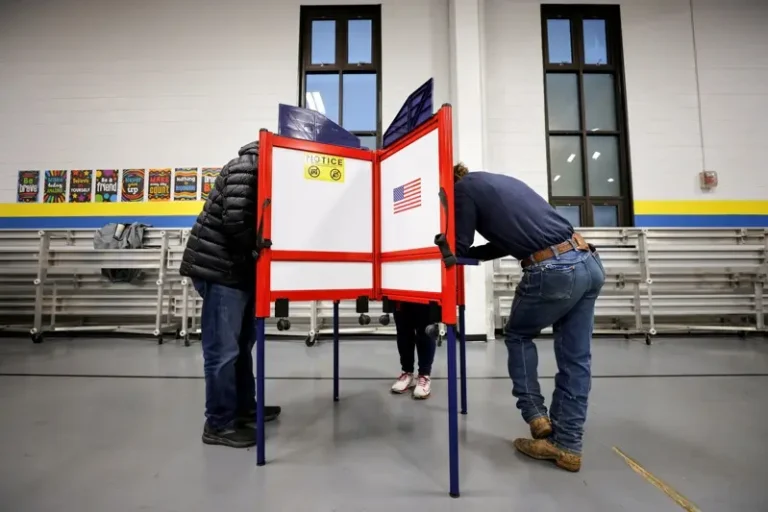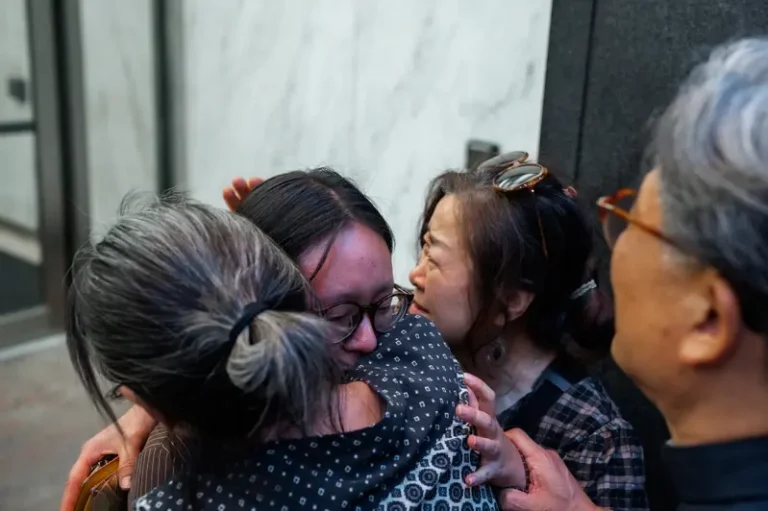
On July 1st, the U.S. Court of Appeals for the Ninth Circuit upheld a recent ruling by Los Angeles federal judge Maame Ewusi-Mensah Frimpong, prohibiting immigration officers from using a person’s language proficiency or the nature of their employment as the sole basis for an arrest. The court said some of Frimpong’s temporary restraining order’s wording was vague, but “the defendant (the U.S. government) is unlikely to prevail on other arguments.”
Democratic Los Angeles Mayor Karen Bass called the appeals court’s ruling “a victory for the rule of law and the city of Los Angeles.”
The restraining order, issued by Frimpong on July 11th, prohibits immigration officers or agents from suspecting a person solely based on their race or ethnicity, whether they speak Spanish or English with an accent, whether they are in a specific location (such as a bus stop or a temporary worker pick-up point), or their type of employment. It also prohibits detention unless the officer or agent has “reasonable suspicion that the person being stopped is violating U.S. immigration laws while in the United States.”
Los Angeles has been a primary target of immigration raids by the Trump administration, where several workers waiting at bus stops have been stopped, harshly questioned, and detained without probable cause by immigration officers. Representatives of organizations including the United Farm Workers of America sued Homeland Security Secretary Noem, the Director of Immigration and Customs Enforcement (ICE), and others. Flympon issued the aforementioned temporary restraining order in response.
The appeals court, in its ruling upholding Flympon’s original decision, stated that even considering the four factors of “visible race or ethnicity, speaking Spanish or English with an accent, specific location, and type of work” together “is insufficient to establish reasonable suspicion for any particular stop” and that “no combination of these four factors satisfies the constitutional requirement of reasonable suspicion.”
Mark Rosenbaum, special counsel for Public Counsel and one of the plaintiffs, said on the 1st, “Today’s ruling sends a powerful message: the government cannot use racial profiling as an immigration enforcement tool to justify illegal behavior.” He added, “The Los Angeles raid by ICE officers was unconstitutional, lacking evidence, and rooted in fear and harmful stereotypes, not public safety.” Tricia McLaughlin, assistant secretary for Homeland Security, rejected the idea that immigration enforcement is based on race or ethnicity and accused “unelected judges” of undermining the “will of the American people.”






